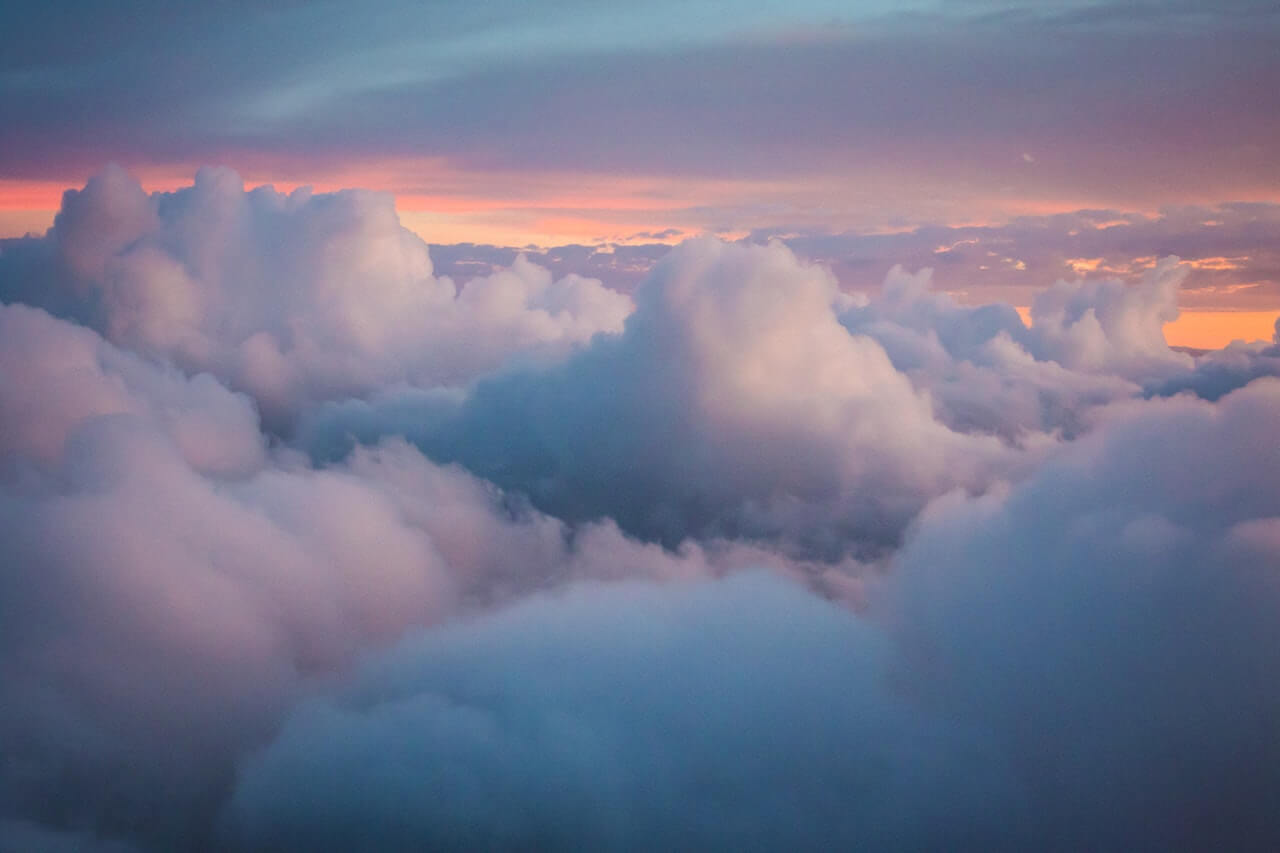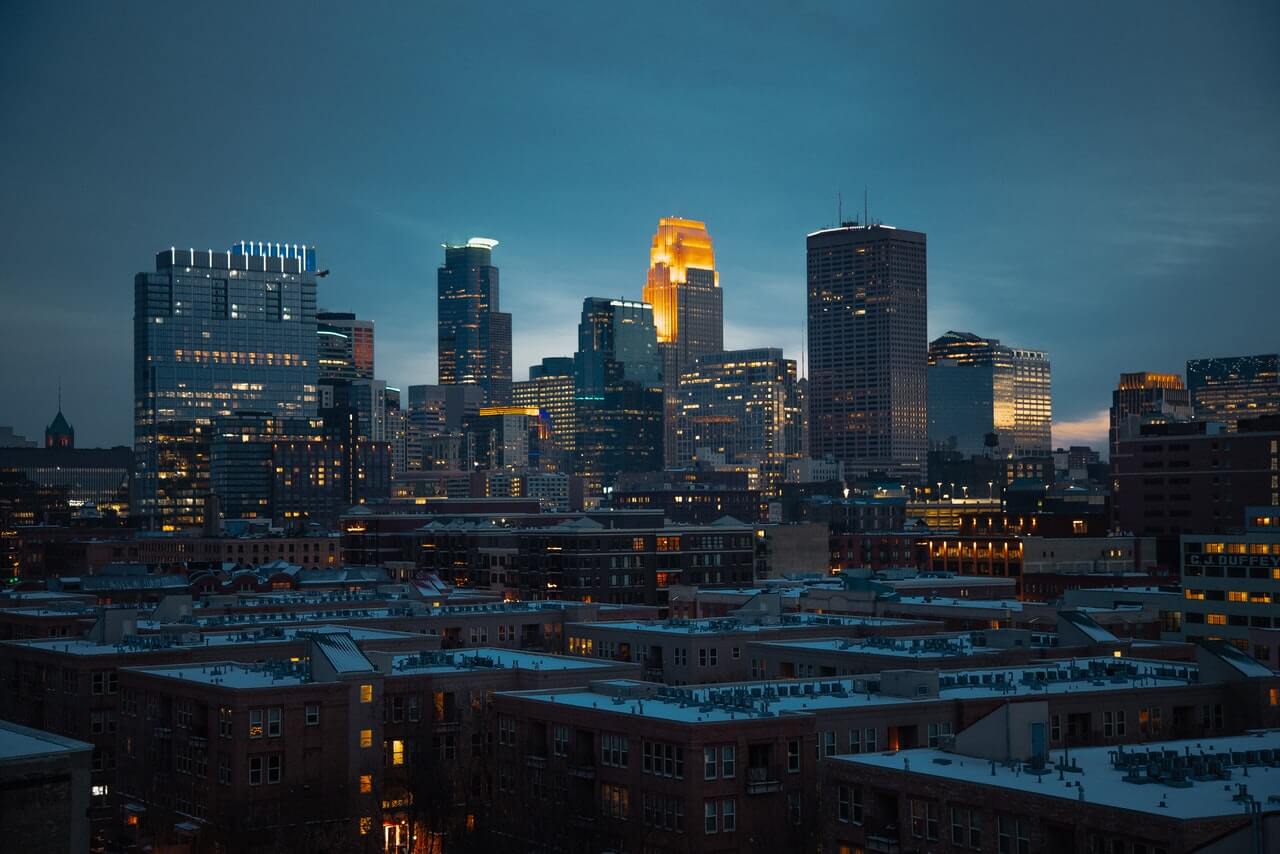奥巴马演讲 在卡拉马祖高中的讲话3
That’s my second piece of advice, very simple: Don’t make excuses. Take responsibility not just for your successes; take responsibility where you fall short(不符合标准) as well.
Now, the truth is, no matter how hard you work, you’re not going to ace every class -- well, maybe Cindy will, but -- (laughter.) But you’re not going to ace every class. You’re not going to succeed the first time you try something. There are going to be times when you screw up(弄糟) . There will be times where you hurt people you love. There will be times where you make a mistake and you stray from the values that you hold most deeply.
And when that happens, it’s the easiest thing in the world to start looking around for somebody else to blame. Your professor was too hard; your boss was a jerk; the coaches -- was playing favorites; your friend just didn’t understand. Your wife -- oh, no. (Laughter.) I’m just messing with Michelle right there. (Laughter.) That was all in fun. (Laughter.)
No, but this is an easy habit to get into. You see it every day in Washington -- every day -- folks calling each other names, making all sorts of accusations on television. Everybody is always pointing a finger at somebody else. You notice that?
Now, this community could have easily gone down that road. This community could have made excuses -- well, our kids have fewer advantages, our schools have fewer resources -- how can we compete? You could have spent years pointing fingers -- blaming parents, blaming teachers, blaming the principal, blaming the superintendent(负责人,主管) , blaming the President. (Laughter and applause.)
But that’s -- Class of 2010, I want you to pay attention on this because that’s not what happened. Instead, this community was honest with itself about where you were falling short. You resolved to do better, push your kids harder, open their minds wider, expose them to all kinds of ideas and people and experiences.
So, graduates, I hope you’ll continue those efforts. Don’t make excuses. And I hope that wherever you go, you won’t narrow the broad intellectual and social exposure you’ve had here at Kalamazoo Central -- instead, seek to expand it. Don’t just hang out with people who look like you, or go to the same church you do, or share your political views. Broaden your circle to include people with different backgrounds and life experiences. Because that’s how you’ll end up learning what it’s like to walk in somebody else’s shoes. (Applause.) That’s how you’ll come to understand the challenges other people face.
And this is not just an academic exercise. It’s a way to broaden your ambit(范围,周围) of concern and learn to see yourselves in each other.
Which brings me to my final piece of advice for today, and that’s to give back, to be part of something bigger than yourselves. Hitch your wagon(货车,四轮马车) to something that is bigger than yourselves.
I know that so many of you have already served your community through efforts like your Stuff the Bus food drives and groups like Activists for Action. And I commend you for that. (Applause.)
But I also know that many of you are the first in your family to go to college. And right about now, you may be feeling all the weight of their hopes and expectations coming down on your shoulders.
And once you start juggling those classes and activities and that campus job, and you get caught up in your own dreams and your own anxieties(焦虑,渴望) and dating -- (laughter) -- you may feel like you’ve got enough on your plate just dealing with your own life. It might be easier to turn the channel when the news disturbs you, to avert(避免) your eyes when you pass that homeless man on the street, to tell yourself that other people’s problems really aren’t your responsibility.
But just think about what the consequence of that approach to life would have been if that’s how folks had acted here in this community. What if those Kalamazoo Promise donors had said to themselves, “Well, you know what, I can pay for my own kid’s education. Why should I have to pay for somebody else’s?”
Think about the consequences for our country. What if our Founding Fathers had said, “You know, colonialism(殖民主义) is kind of oppressive, but I’m doing okay, my family’s doing all right, why should I spend my summer in Philadelphia arguing about a Constitution?”
What if those abolitionists(废奴主义者) , those civil right workers had said, “You know, slavery is wrong, segregation(种族隔离) is wrong, but it’s kind of dangerous to get mixed up in that stuff. I don’t have time for all those meetings and marches. I think I’m going to take a pass. I hope it works out, but that’s not something I want to do.”
I want you to think for a minute about the extraordinary men and women who’ve worn our country’s uniform and have given their last full measure of devotion to keep us safe and free. (Applause.) What if they said -- what if they said, “I really do love this country, but why should I sacrifice so much for people I’ve never even met?” Young men and women in uniform right now making those sacrifices. (Applause.)
So you and I are here today because those people made a different choice. They chose to step up. They chose to serve. And I hope you will follow their example, because there is work to be done, and your country needs you. We’ve got an economy to rebuild. We’ve got children to educate. We’ve got diseases to cure. We’ve got threats to face. We’ve got an oil spill to clean up. (Applause.) We’ve got clean energy to discover. And it is going to be up to you to meet all of those challenges -- to build industries and make discoveries and inspire the next generation. It’s going to be up to you to heal the pide that continues to afflict(折磨,痛苦) our world.
Now, I’m not saying you got to do it here all at once. But as Theodore Roosevelt once put it, I’m asking you to “Do what you can, with what you’ve got, where you are.” And I can guarantee that wherever your journey takes you, there are going to be children who need mentors and senior citizens who need assistance, folks down on their luck who could use a helping hand.
And once you’ve reached out and formed those connections, you’ll find it’s a little harder to numb yourself to other people’s suffering. It’s a little harder to ignore the national debates about the issues that affect their lives and yours.
In the end, service binds us to each other -- and to our communities and our country -- in a way that nothing else can. It’s how we become more fully American.
That’s the reason those donors created the Kalamazoo Promise in the first place -- not for recognition or reward, but because of their connection to this community; because their belief in your potential; because their faith that you would use this gift not just to enrich your own lives, but the lives of others and the life of the nation. (Applause.)
And I’m told that soon after the Promise was established, a first grader approached the superintendent at the time and declared to her: “I’m going to college.” First grader. “I’m going to college. I don’t know what it is, but I’m going.” (Laughter and applause.)
We may never know those donors’ names, but we know how they helped bring this community together and how you’ve embraced their Promise not just as a gift to be appreciated, but a responsibility to be fulfilled. We know how they have helped inspire an entire generation of young people here in Kalamazoo to imagine a different future for themselves.
And graduates, today, I’m asking you to pay them back by seeking to have the same kind of impact with your own lives; by pursuing excellence in everything you do; by serving this country that you love. (Applause.)
I know that you can do it. After all, you are the Giants -- (applause) -- and with the education you’ve gotten here, there’s nothing you can’t do.
Thank you very much, everybody. God bless you. And God bless the United States of America. (Applause.) And God bless the Class of 2010. (Applause.)
END


